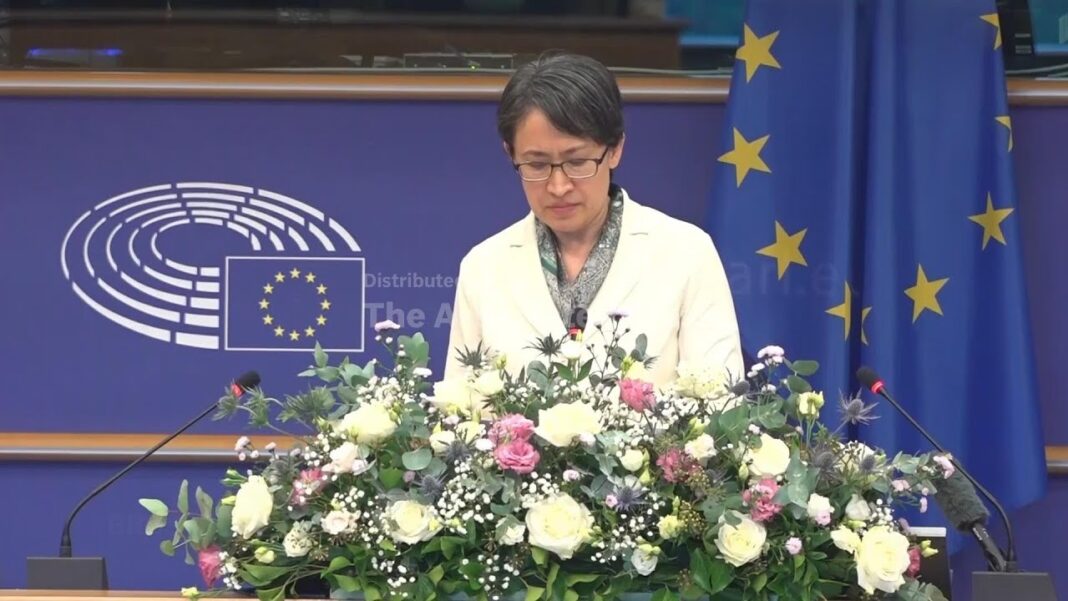Rep. Neal Dunn compared forced organ harvesting with the Holocaust and seeks penalties for U.S. involvement.
On Nov. 6, Rep. Neal Dunn (R-Fla.) joined The Epoch Times Senior Editor Jan Jekielek on his show American Thought Leaders to discuss what he considers one of the gravest crimes of our time: the Chinese Communist Party’s (CCP) state-sanctioned forced organ harvesting.
“I’m one of the few members of Congress who’ve ever actually done transplant surgery,” Dunn said. “I understand a lot of it is coming near and dear to my heart, and the idea of actually murdering someone—to take their organs and give them to somebody else—that is as appalling as anything that anybody’s ever done in the history of the world. That’s right up there with the Nazis and the Holocaust.”
A surgeon by training and a member of the House Select Committee on the CCP, Dunn has made combating China’s forced organ harvesting one of his top priorities. In the interview, he explained his sponsorship of the Block Organ Transplant Purchases from China Act of 2025, also known as the Block Act, a bill designed to ensure that no American citizen or institution participates in or profits from the Chinese regime’s organ transplant industry.
A Crime Hidden in Plain Sight
For over two decades, mounting evidence has indicated that prisoners of conscience in China, particularly adherents of Falun Gong—a spiritual practice persecuted in China since 1999—have been killed on demand for their organs. Independent tribunals, human rights investigators, and medical experts have documented thousands of cases, estimating that tens of thousands of transplants occur each year without identifiable voluntary donors.
“Now they advertise that you can actually make an appointment sitting in America for a heart/lung transplant in China right now, but I want to make that illegal,” he said.
Under Dunn’s proposed Block Act, Americans who travel abroad to receive organs sourced from forced or unethical procurement would face civil and criminal penalties, including fines and imprisonment.
The bill would also bar individuals who receive such transplants from accessing post-operative medical care in the United States and prohibit the importation of tissues and biological materials—such as bone grafts or corneas—linked to unethical sourcing.
“It’s possible to actually preserve some organs that are harvested at the time of death—bone grafts, placentals, corneas, [etc.],” he said. “I don’t want that stuff coming into our transplant market either.”
However, confronting this issue in Congress has proven difficult.







